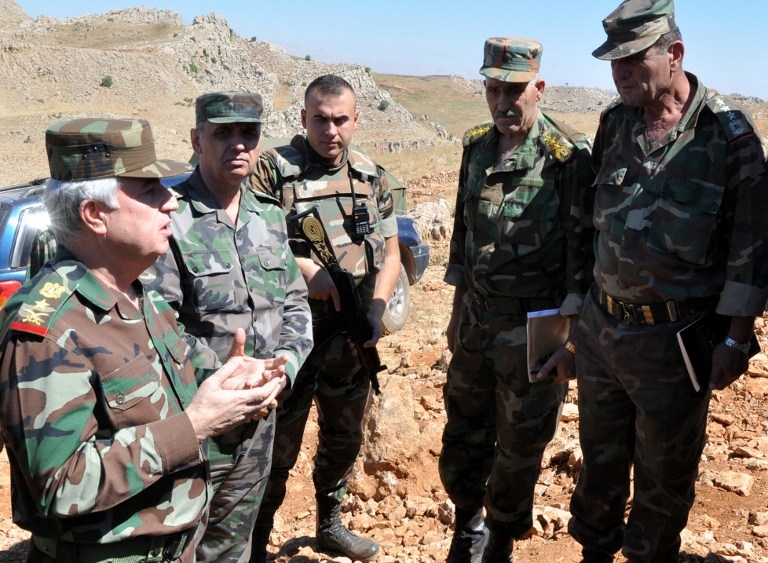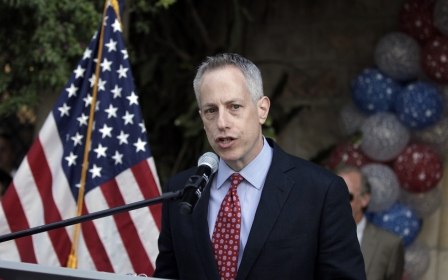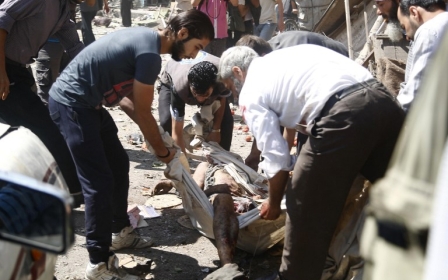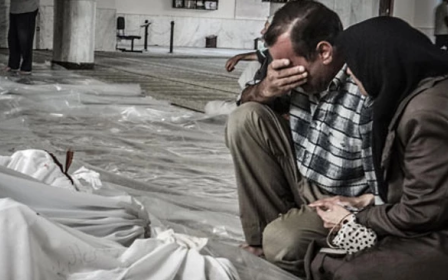Syria government, rebels agree new truce for three towns

A new 48-hour truce between Syrian government forces and rebels in three towns entered into force on Thursday after negotiations, a mediator and a monitoring group said.
The Syrian Observatory for Human Rights, a Britain-based monitor, said that fighting and rocket fire had stopped in the rebel bastion of Zabadani, about 40km outside of Damascus, and Fuaa and Kafraya, the only remaining government-held villages in Idlib province.
Earlier, Mohammed Abu Qassem, secretary general of Syria's Tadamun (Solidarity) Party and a mediator of the truce, confirmed the ceasefire was due to begin at 6am (4:00 GMT) local time.
The new two-day truce follows a similar ceasefire earlier this month for the towns that was intended to lead to a broad agreement to end the fighting in Zabadani and the blockade of Fuaa and Kafraya.
Pro-government forces, including Lebanon's Hezbollah militia, launched an offensive to seize Zabadani from rebel groups in early July.
The town is the last rebel-held bastion in the area along the border with Lebanon and has been subjected to massive aerial bombardment since the operation began.
In retaliation, a rebel alliance including al-Qaeda's Syria affiliate al-Nusra Front surrounded Fuaa and Kafraya, two majority Shiite villages in Idlib province, and began firing rockets into them.
The first ceasefire for the three towns began on 12 August as a 48-hour truce but was extended for another day as negotiators tried, but ultimately failed to reach a broad deal.
The earlier talks included discussion of the withdrawal of rebels from Zabadani, perhaps in exchange for the evacuation of civilians from Fuaa and Kafraya or the delivery of aid.
The rebels have also sought the release of prisoners held by the government.
Negotiations on those points were now ongoing, Observatory director Rami Abdel Rahman said.
New MEE newsletter: Jerusalem Dispatch
Sign up to get the latest insights and analysis on Israel-Palestine, alongside Turkey Unpacked and other MEE newsletters
Middle East Eye delivers independent and unrivalled coverage and analysis of the Middle East, North Africa and beyond. To learn more about republishing this content and the associated fees, please fill out this form. More about MEE can be found here.




